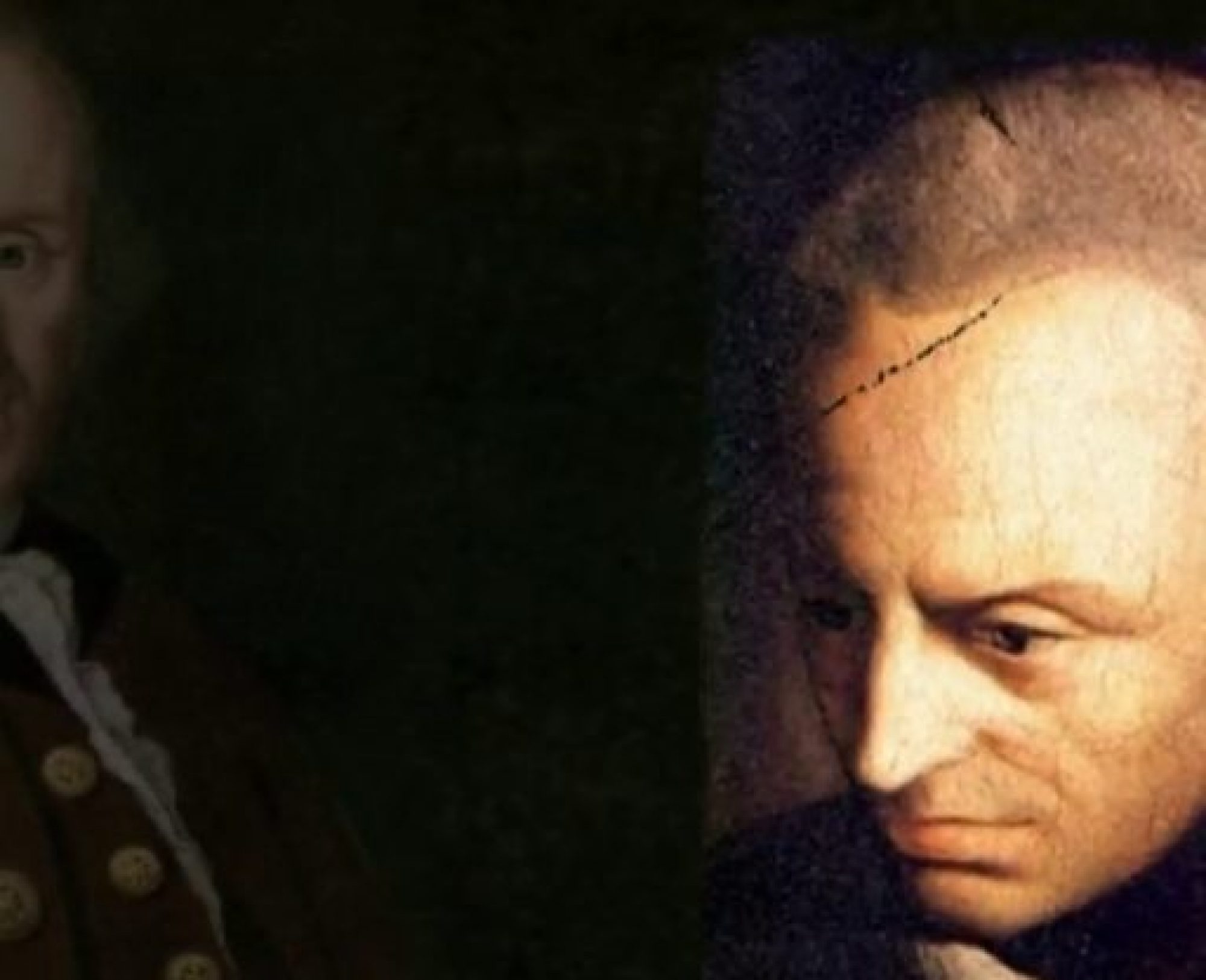Channel: Inspiration 365
Duration: 2:2:9
Description: “Perpetual Peace: A Philosophical Sketch” (German: Zum ewigen Frieden. Ein philosophischer Entwurf) is a 1795 essay by Immanuel Kant.
SUMMARY OF PERPETUAL PEACE by IMMANUEL KANT: In this essay, Kant proposed a peace program to be implemented by governments. The “Preliminary Articles” described these steps that should be taken immediately, or with all deliberate speed:
1 – “No secret treaty of peace shall be held valid in which there is tacitly reserved matter for a future war”
2 – “No independent states, large or small, shall come under the dominion of another state by inheritance, exchange, purchase, or donation”
3 – “Standing armies shall in time be totally abolished”
4 – “National debts shall not be contracted with a view to the external friction of states”
5 – “No state shall by force interfere with the constitution or government of another state”
6 – “No state shall, during war, permit such acts of hostility which would make mutual confidence in the subsequent peace impossible: such are the employment of assassins (percussores), poisoners (venefici), breach of capitulation, and incitement to treason (perduellio) in the opposing state”
Three Definitive Articles would provide not merely a cessation of hostilities, but a foundation on which to build a peace.
1 – “The civil constitution of all states to be republican”
2 – “The law of nations shall be founded on a federation of free states”
3 – “The law of world citizenship shall be limited to conditions of universal hospitality”
Kant’s essay in some ways resembles modern democratic peace theory. He speaks of republican, Republikanisch (not democratic) states, which he defines to have representative governments, in which the legislature is separated from the executive. He does not discuss universal suffrage, which is vital to modern democracy and quite important to some modern theorists; later commentators dispute whether it is implied by his language, although many Enlightenment thinkers advocated a more aristocratic republicanism by men of letters. The essay does not treat republican governments as sufficient by themselves to produce peace: freedom of emigration (hospitality) and a league of nations are necessary to consciously enact his six-point program.
Kant claims that republics will be at peace not only with each other, but are more pacific than other forms of government in general.
Summary of Perpetual Peace, a Philosophical Sketch by German Philosopher Immanuel Kant adapted from Wikipedia.
Published: November 13, 2017 1:16 am
